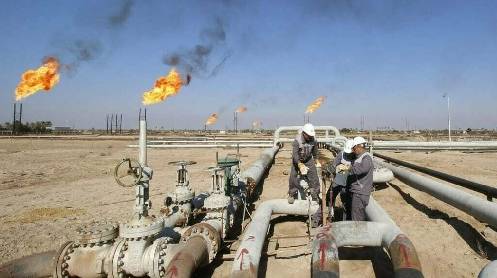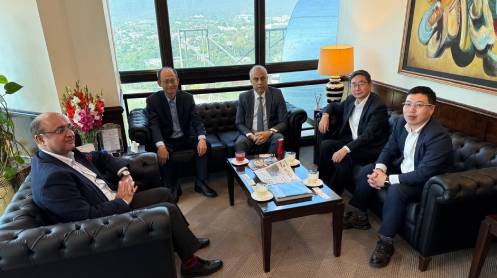The government has decided to overhaul the gas allocation merit order, giving top priority to domestic, commercial (including roti tandoor), and industrial sectors for processing purposes. This decision, approved by the Special Investment Facilitation Council (SIFC), is aimed at stimulating economic activity and ensuring sustained momentum throughout the year.
According to a senior official from the Energy Ministry, the revised gas allocation merit order has been endorsed by the Apex Committee of the SIFC, chaired by the Prime Minister and attended by the Chief of Army Staff (COAS), during its 9th meeting. Under the new merit order, industrial sectors, including both export and non-export industries, will now enjoy equal priority in gas allocation, with equal gas tariffs.
The industrial sector’s long-standing demand to be placed at the top of the gas priority allocation list has been addressed by the SIFC’s approval, the official stated.
The revised gas allocation priority list places the domestic sector at the top, followed by commercial sectors such as roti tandoor, and then the power and fertilizer sectors. Industries for captive power plants are ranked third, followed by cement and CNG sectors.
Previously, the gas merit list prioritized domestic and commercial sectors, followed by power and export sectors, general industry and captive power, cement, and finally CNG.
Furthermore, the official emphasized the need to limit LNG diversion to the domestic sector, particularly during the winter season. Excessive diversion of LNG cargoes to domestic usage, as seen with 19 LNG cargoes diverted to SNGPL alone, can lead to gas shortages during peak cooking hours. The government aims to limit LNG diversion to 10-12 cargoes to mitigate circular debt accumulation resulting from the non-recovery of RLNG costs.
These measures are expected to optimize gas allocation, ensuring efficient utilization while addressing the challenges posed by circular debt in the energy sector.
Story By Khalid Mustafa





